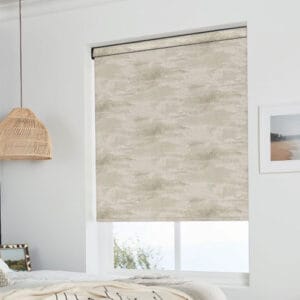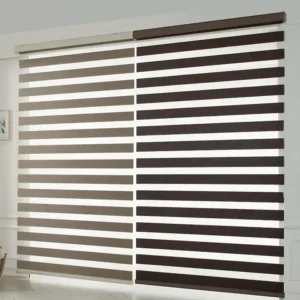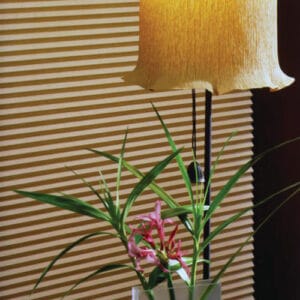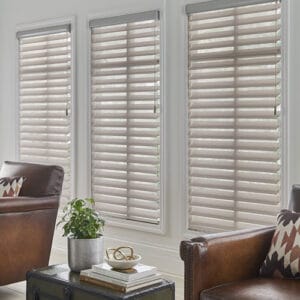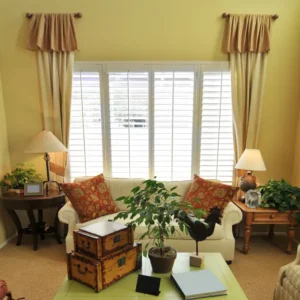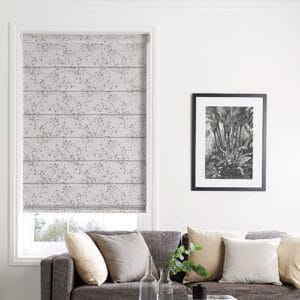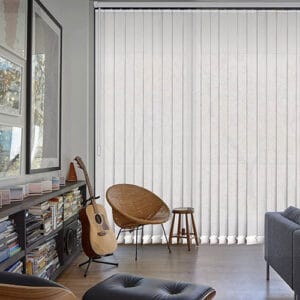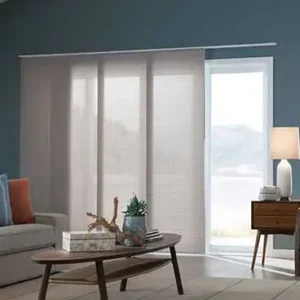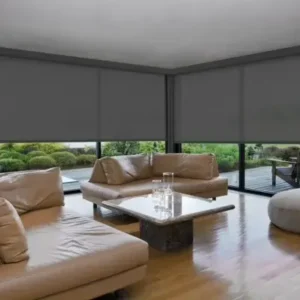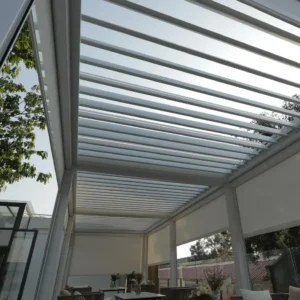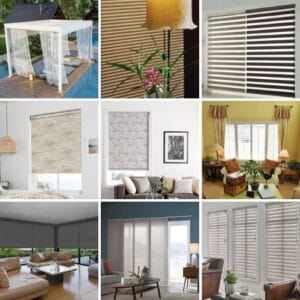Energy Efficiency of Delta Shutters & Blinds
Energy-efficient window treatments are crucial for both new and existing homes. About 30% of a home’s heating energy is lost through windows, while during cooling seasons, approximately 76% of sunlight that falls on standard double-pane windows converts into heat.
Window coverings can mitigate this energy loss by enhancing comfort, regulating temperatures, and lowering energy bills. The exact savings depend on the type of window treatment, the season, the climate, and how the treatment is used. In addition to window coverings, storm windows with low-e coatings and multi-layer glazing are effective in improving thermal performance and reducing solar heat gain.
Key Benefits of Window Treatments
- Comfort Improvement: Enhance indoor comfort by maintaining consistent temperatures.
- Control Daylight and Glare: Adjust light levels and reduce glare for a pleasant living environment.
- Energy Savings: Lower heating and cooling costs through effective insulation.
- Reduce Cold Drafts: Minimize drafts near windows in cold weather.
- Provide Privacy: Shield your home from prying eyes.
- Temperature Control: Manage temperature fluctuations inside your home.
- Reduce Heat Loss: Cut down on heat loss through windows during cold weather.
- Reduce Solar Heat Gain: Prevent excessive heat from entering during hot weather.
Your choice of window treatments plays a significant role in making your home more energy-efficient. Research indicates that up to 30% of total heat loss from your home occurs through uncovered windows. The right covering can provide an effective thermal layer, naturally keeping your rooms cooler in summer and warmer in winter, reducing the need for electricity or other methods to control your home’s temperature.
So, which is the best option for energy efficiency? Are shutters or blinds more effective? It all depends on the nature of the room, how you use it, and the level of light and air flow you desire. Here’s a quick overview of the features and benefits of each option:
Achieving Sophistication and Energy Efficiency with Shutters
Shutters are excellent for controlling the amount of natural light and air entering your home. They are fully adjustable and can be tailored to each window in your home, allowing precise control over solar energy entering your space.
Delta Shutters’ PolySatin Plantation Shutters are particularly ideal for energy efficiency. Their cellular construction creates a layer of energy-saving insulation by trapping air within pockets. Coupled with polyresin’s low conductivity, they greatly reduce heat exchange. Plantation Shutters reflect inbound solar rays back outside during summer but can be opened to let in the warming sun in winter, thereby reducing air-conditioning costs. These shutters can also reduce heat flux by 20-58%, depending on the air exchange between the window and the shutter panel, saving on cooling costs.
In addition to maintaining your interior temperature, shutters also protect your furnishings from the sun’s harmful rays by diffusing light, which helps prevent fading over time.
Ensuring Smart Thermal Control with Shades
We offer a wide range of Delta Shutters Soft Shades, all designed to provide thermal control for your interiors.
Delta Shutters’ honeycomb.Shades are among the most energy-efficient and durable window coverings available. They feature a unique honeycomb ‘cell’ structure that traps air and acts as an insulation barrier for windows.
Our Delta Shutters range takes this a step further with a unique honeycomb-within-a-honeycomb cell construction, creating four fabric layers and three insulating pockets of air. These smart air pockets can reduce your home’s heating costs by up to 43%.
Delta Shutters’ Shadings offer a more subtle way to control light. Their signature S-Vanes transform harsh sunlight into a gentle, diffused glow. While these offer less thermal control than Duette Shades, they are still effective in filtering UV rays to protect your furnishings from damage.
Are Blinds More Energy Efficient Than Shutters?
Are Blinds More Energy Efficient Than Shutters?
Windows are a significant factor in energy efficiency. Studies show that windows are the primary source of excessive heat gain during summer and heat loss during winter, often leading to higher energy bills.
Homeowners are increasingly seeking ways to enhance energy efficiency, including through window treatments like blinds and shutters. Both options offer energy efficiency, though they do so in slightly different ways. Your choice between blinds and shutters often depends on your taste, budget, and specific needs.
Are Shutters Energy Efficient?
Window shutters are effective energy-efficient treatments. Both interior and exterior shutters help reduce heat gain in summer and heat loss in winter. Shutters made from solid materials, such as wood panels with a vapor barrier, are particularly effective. They often come with a radiation barrier to prevent heat absorption and can provide insulation by creating an air space between the shutter and the window.
Are Blinds Energy Efficient?
Blinds are also energy efficient but are generally more effective at reducing summer heat gain than winter heat loss. With numerous slat openings, blinds allow for adjustable light and ventilation control. Reflective blinds are available that can reduce heat gain by up to 50%, minimizing the need for extended air-conditioning use.
What Will I Choose: Blinds or Shutters?
Shutters often appear more solid and sophisticated, while blinds are typically more affordable. Your choice depends on your aesthetic preferences and budget.
What Is The Most Energy-Efficient Window Treatment Now?
For the most energy-efficient options, consider:
- SlumberShade 1/2″ Blackout Single Cell Shades: Ultimate blackout shades that block light between the shades and the window frame, significantly reducing heating and cooling costs.
- ComforTrack 3/8″ Translucent Double Cell Shades: Designed for maximum insulation with multiple barriers and sidetracks that seal edges, minimizing heat loss and saving energy.

